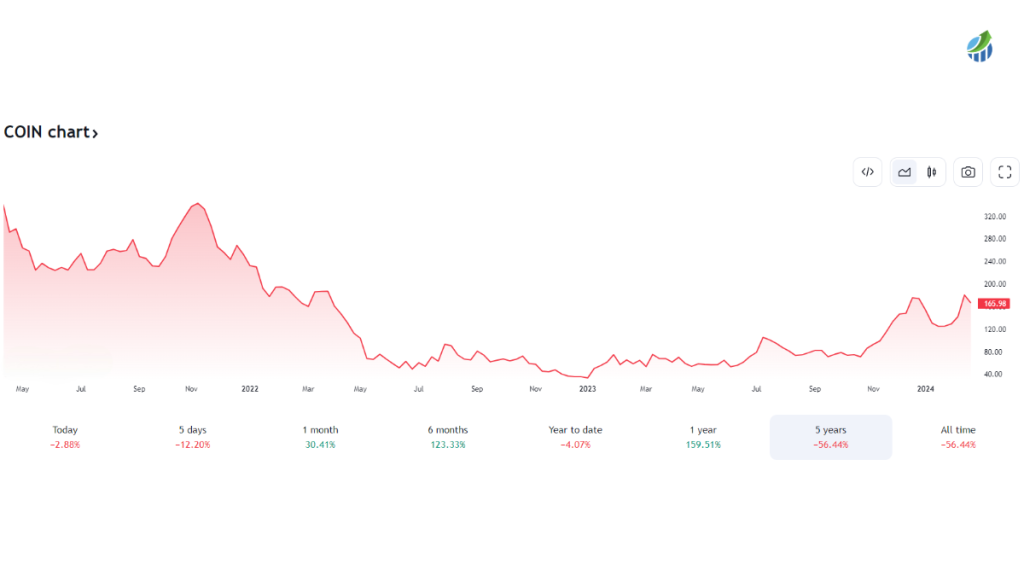In a bold maneuver that has ruffled feathers across the cryptocurrency landscape, Coinbase’s Grant Rabenn and Circle’s Caroline Hill have turned heads, and perhaps turned tables, by petitioning Congress to enforce American anti-money laundering (AML) regulations on all crypto exchanges globally.
Their target? Competitors far and wide, who, nestled in their respective nations, operate under different sets of rules.
Coinbase, the well-known exchange and Circle (the company behind USDC), it seems, are not content with playing the game; they aim to redefine the playing field to their advantage, advocating for a universal application of the stringent AML guidelines they adhere to within the United States. Critics argue this is more than a call for fairness in regulatory compliance, it’s a strategic play to hamstring competition that doesn’t bear the same regulatory burdens.

The implications of such a move are significant. Should Congress heed their call, we could witness a new era of compliance crackdowns that would stretch beyond U.S. borders, fundamentally altering the dynamics of global crypto operations. For the industry’s Davids, who have danced around the Goliaths with agility granted by lighter regulatory shackles, this could be a game-changer. They would all shut down.
This isn’t just about enforcing rules, it’s about market dominance and maximizing profit. Rabenn and Hill’s request cunningly masquerades as a plea for uniform regulation, but a closer look reveals a chess move intended to place their rivals in check. After all, in the high-stakes game of crypto, it’s not just about playing by the rules but also about who sets them. And with Binance now out of the way, the road ahead is clear for Coinbase to ask for Google-like domination of the crypto field.
While proponents of strict AML measures and therefore centralization, might cheer this push as a step toward a more secure and transparent financial ecosystem, we must ponder the price of such uniformity. Is the cost of innovation and decentralization and the spirit of competition worth the perceived benefits of a one-rule-to-rule-them-all approach?
The crypto sphere, born from the ethos of decentralization and the spirit of borderless operation, now faces a potential pivot point. As Rabenn and Hill don their regulatory crusader capes, the community watches with bated breath, wondering if their call will echo through the halls of Congress or fall on deaf ears.
In the quest for a level playing field, we must ask ourselves: Are we willing to risk stifling the very innovation that makes the cryptocurrency world revolutionary? Decentralization? Should the diversity of global regulatory landscapes bow to the pressures of those who hold sway in the halls of American power? These are the questions we must grapple with as the saga unfolds.
Author Profile

- Ex-community moderator of the Banano memecoin. I have since been involved with numerous cryptocurrencies, NFT projects and DeFi organizations. I write about crypto mainly.
Latest entries
- June 6, 2025NewsWireElon Musk to Decommission SpaceX Dragon after Trump Threat
- December 9, 2024Stock MarketMaster the Time Value of Money Financial Concept
- November 18, 2024Stock MarketFinancial Ratios Guide to Measuring Business Performance
- November 11, 2024NewsWireLabour’s UK Budget: A Fiscal Smirk of Contempt for Working People




